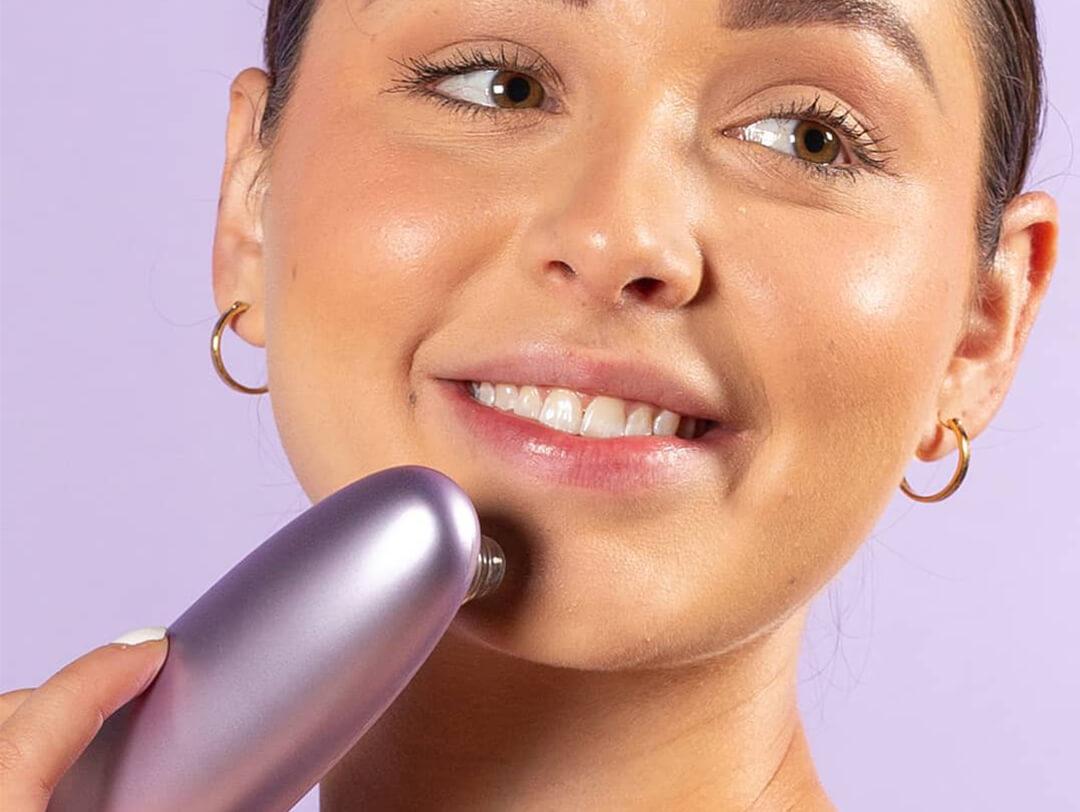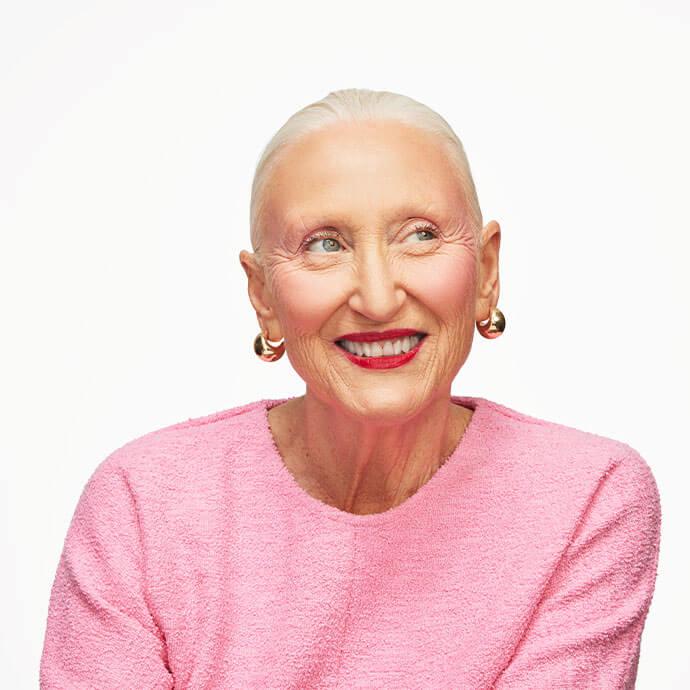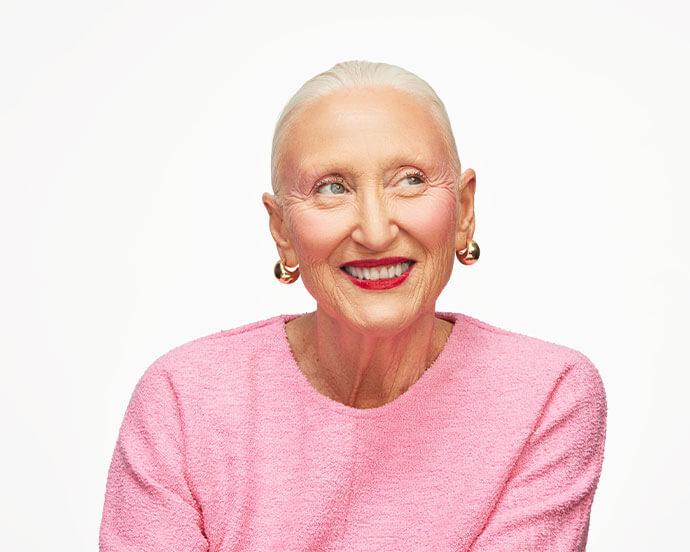Can Pore Vacuums Remove Your Blackheads? We Found Out!


There is no better feeling than looking in the mirror after a good facial to see all your blackheads have magically disappeared. Well, not magically—your esthetician definitely put in some work into clearing those clogged pores of yours! We’ll be honest, we take out our own blackhead extractor tool to clear some gunk from our noses and chins from time to time, but we usually try to leave it to the experts.
Blackhead tools don’t work quite as well as the pore vacuum tool an esthetician uses. It’s basically a microdermabrasion tool that uses ultrasonic waves (vibrations) to squeeze and wiggle out all the gunk in your clogged pores. It even clears pores that don’t appear to be clogged to the naked eye.
The success of these tools has always made me wonder, is there a safer at-home alternative? There are loads of pore vacuum resembling tools available for purchase on Amazon, but do they work? And are they worth the expense? Above all, are they even safe to use on your skin? We did all the research and asked the experts for you—read on to learn everything you need to know about pore vacuums and blackhead extractions.


It's about glam time you treated yourself.
MEET THE EXPERT
Caren Campbell, MD, is a board-certified San Francisco based dermatologist. She loves educating her patients on the best solutions for their skin and debunking beauty myths.
What Is a Pore Vacuum?
Pore vacuums are skincare tools that almost look like high-tech thermometers. “They’re devices that use suction to remove dirt, oil, dead skin cells, and debris from pores,” says Dr. Campbell. No matter how many Instagram ads you see, we’re here to tell you they are not an essential part of your skincare routine. While they can remove blackheads, you should use caution when looking into or trying a blackhead remover pore vacuum.
Are Pore Vacuums Safe?
Yes and no—it depends on a few things: how you’re using a pore vacuum on your skin, the suction levels, and what you’re trying to extract.
“Some of the professionally operated facial devices like Bela MD or Hydrafacials use suction or vacuums to remove dirt, oil, dead skin cells and debris from pores. If the suction is strong enough to remove the debris, but not so strong that it causes bruising or broken blood vessels, it can be helpful,” says Dr. Campbell.
In other words, you should leave it to the experts in most cases! Not just with pore vacuums, but extractions in general should be done by an esthetician to avoid broken capillaries, infection, scarring, and further breakouts.
Other Ways to Get Rid of Blackheads
Sure, blackheads can be pesky, but there are ways to deep-clean your pores and keep them free from clogs without reaching for a pore vacuum device or extractor tool. The answer? Proper exfoliation and being intentional with your skincare routine.
Topical Retinoids
“The medical term for blackheads on the nose is open comedones. They are caused by the accumulation of dead skin cells, oil, and bacteria in your skin's pores. Due to the increased number of oil glands on the nose, this is the most common area for blackheads,” says Dr. Campbell.
One of the best ways to prevent blackheads is to use a retinol product. “Retinoids work by increasing skin cell turnover, removing the top layer of dead skin cells, killing acne-causing bacteria, and helping decrease oil production. Retinoids are also anti-inflammatory, helping not only with blackheads, but also the closed form of blackheads (comedones, zits, pimples, cysts),” adds Dr. Campbell.
Benzoyl Peroxide
If you’ve struggled with breakouts before, you might be familiar with a benzoyl peroxide face cleanser like PANOXYL or DIFFERIN to help with acne-causing bacteria and prevent new pimples from sprouting up. “Benzoyl peroxide helps kill the acne-causing bacteria and is a keratolytic (meaning it helps remove dead skin cells from the pores),” says Dr. Campbell.
She notes that dryness is a common side effect of any effective treatment for blackheads, since they are working to dry up the oil that’s causing the blackheads. However, it’s nothing to be worried about as your skin adjusts over time to the medications (should you decide that a benzoyl peroxide face wash or spot treatment is right for you).
It’s best to start with a low percentage no matter your skin type (around 5 percent) before deciding if you need a stronger product. A hydrating, yet non-comedogenic moisturizer is a must while the skin cycles through this process.
Pore Strips
Pore strips are fun and you still get the satisfying feeling of looking at all the gunk that’s been pulled from your pores without having to use a pore vacuum. Just remember to be gentle, we love the HERO COSMETICS Hydrocolloid Patches, which are meant to be used on the nose to remove sebum and blackheads.
“There is no harm in using pore strips like BIORÉ, but the results are very short term. Charcoal masks are not recommended as they can strip the skin, especially sensitive skin due to retinoid use,” says Dr. Campbell
AHA/BHA Usage
Another way to keep blackheads away and to unclog pores is to use chemical exfoliants. Individuals with oily, acne-prone skin likely already have a salicylic acid or lactic acid exfoliant within their routine.
“AHAs and BHAs are derived from fruits and are a natural option for exfoliating the skin. This helps with removing dead skin cells that can clog the pores, but they do not work as an anti-inflammatory, increase cell turnover, and kill P. acnes like retinoids do,” says Dr. Campbell.
If you’re looking for a great chemical exfoliant, we love PAULA’S CHOICE 2% BHA Exfoliating Liquid and FRECK BEAUTY Cactus Water Lactic Acid Toner. They will reduce the appearance of pores, balance sebum production, and even overall skin tone.
Professional Extractions
“Leave this to the experts. Special sterilized tools like comedone extractors can be used to apply even pressure around the clogged pore by medical experts,” says Dr. Campbell.
Seeing a professional to chat through your skincare concerns and goals—whether it be your dermatologist or esthetician—is an extremely important part of your skincare journey. They can determine specific skin conditions you may be struggling with like rosacea, eczema, or cystic acne, and can recommend helpful skincare products based on your skin type.
Want to learn more skincare tips from derms and try products meant for your skin type? Take our Beauty Quiz now to get started. Already an Ipster? Refer your friends to earn points, which you can use toward products. Either way, don’t forget to check us out on Instagram @IPSY.
Like this article? Share it with your friends by clicking the icons below!
Liked this post? Share!
Related Stories


Skin
How to Adjust Your Skincare Routine for Mature Skin in the Winter
Published on Dec 4, 2025 • 7 min read


Skin
Meet the Best Moisturizers for Winter, According to Dermatologists
Published on Dec 1, 2025 • 9 min read


Skin
What Is Inflammaging—and Why Everyone’s Talking About It
Published on Dec 1, 2025 • 8 min read


Skin
6 Skincare Trends to Have on Your Radar in 2026, According to Experts
Published on Dec 1, 2025 • 7 min read


Skin
We Grabbed Our Crystal Ball and Found These 6 Skincare Predictions for 2025
Published on Dec 10, 2024 • 7 min read


Skin
Simple Self-Care Tips That Actually Make a Difference
Published on Nov 13, 2025 • 12 min read


Skin
These 9 Face Scrubs Will Unlock Soft and Smooth Skin on Contact
Published on Nov 5, 2025 • 10 min read


Skin
10 Thanksgiving Foods That Will Have Your Skin Coming Back for Seconds
Published on Oct 15, 2025 • 7 min read


Beauty Picked Just for You
Get 5 products worth up to $70
Plus exclusive access to epic deals up to 80% off
Starting at just $14/month. Cancel anytime.